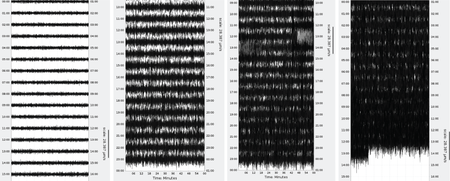
Hurricane Melissa Was So Strong That It Shook the Earth Hundreds of Miles Away
Seismometers picked up the ferocious winds and waves of Hurricane Melissa, showing how the tools can be used to better understand storms today and those from the past
Robin George Andrews is a volcanologist and science writer based in London. His most recent book is How To Kill An Asteroid (W.W. Norton, 2024). Follow him on X @SquigglyVolcano

Hurricane Melissa Was So Strong That It Shook the Earth Hundreds of Miles Away
Seismometers picked up the ferocious winds and waves of Hurricane Melissa, showing how the tools can be used to better understand storms today and those from the past
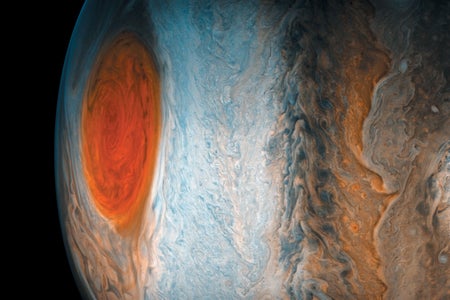
NASA’s Juno Mission Leaves Stunning Legacy of Science at Jupiter
The Juno spacecraft has rewritten the story on Jupiter, the solar system’s undisputed heavyweight
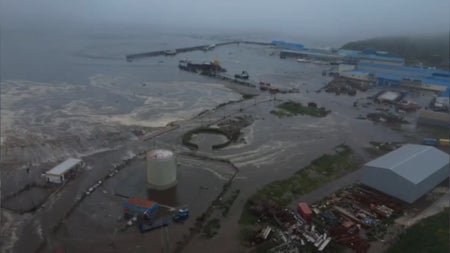
Why the Russian Earthquake Didn’t Cause a Huge Tsunami
Russia’s magnitude 8.8 earthquake spawned serious tsunami warnings, but waves have been moderate so far. Here’s the geological reason why
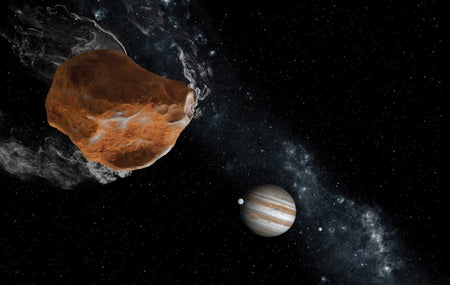
Mysterious Dark Comets Puzzle Astronomers
A group of comets with unexplained movements presents a quandary
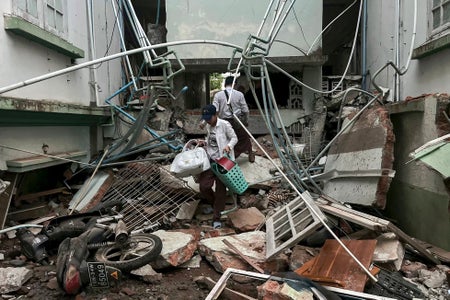
Why Was the Earthquake in Myanmar and Thailand So Devastating?
A magnitude 7.7 earthquake in Myanmar caused widespread shaking and likely considerable damage because of a lack of buildings built to withstand temblors
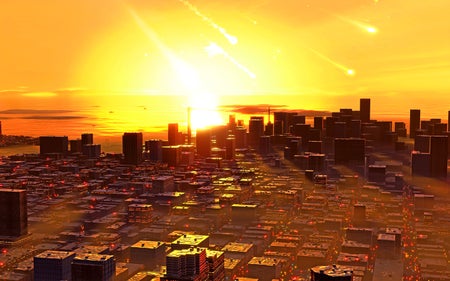
A Near-Miss with a City-Killer Asteroid Highlights Gaps in Earth’s Defenses
The threat from near-Earth asteroid 2024 YR4 may have subsided, but discoveries of other hazardous space rocks are set to soar as new observatories come online
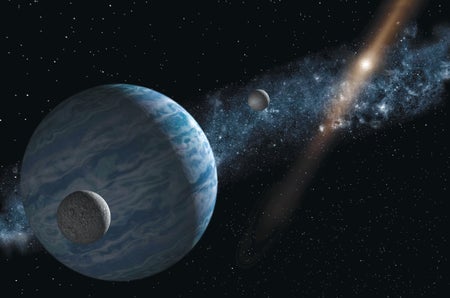
We May Be on the Brink of Finding the Real Planet Nine
If there’s a hidden world in the solar system, a new telescope should find it
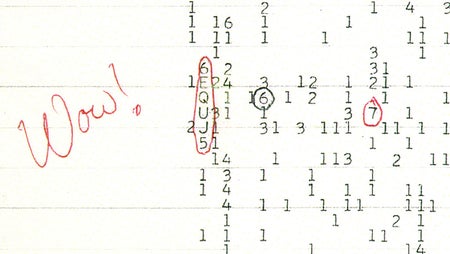
The Wow! Signal Might Not Have Been Aliens—But a Weird Cosmic Outburst
A new explanation for the Wow! signal suggests it was a chance detection of a furious flare crashing into a hydrogen cloud. But some researchers doubt that this idea has truly cracked the case
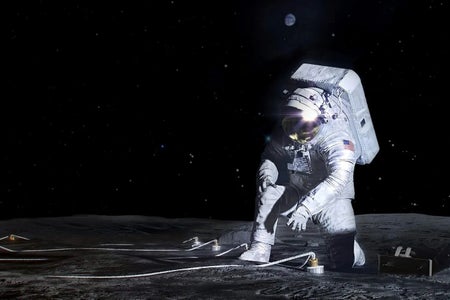
NASA’s Artemis Astronauts Will Help Grow Crops on the Moon—And Much More
When astronauts return to the moon later this decade, they’ll bring along science experiments to study moonquakes, lunar water ice and extraterrestrial agriculture
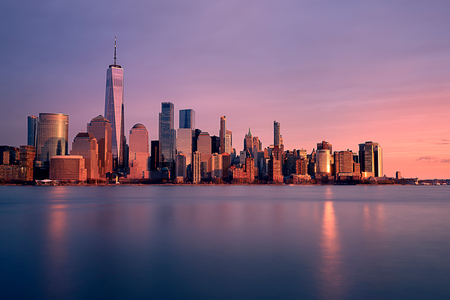
How Likely Is a Major Earthquake in New York City—And Is the City Prepared for It?
After an unexpected magnitude 4.8 earthquake rattled the New York City area, questions abound regarding how likely it is that a major earthquake could occur there and whether the city is prepared
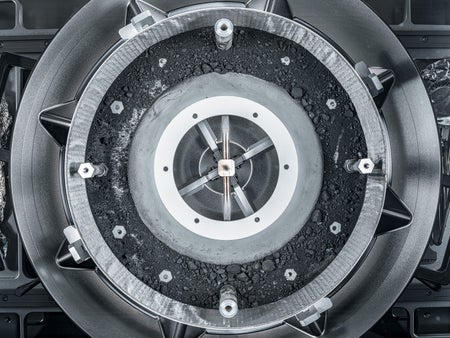
NASA’s New Asteroid Sample Is Already Rewriting Solar System History
Scientists have scarcely begun studying pristine material from asteroid Bennu that was brought back to Earth by the OSIRIS-REx mission, but they have already found several surprises
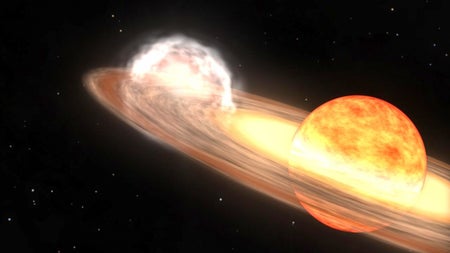
A Dead Star Will Soon Spark a Once-in-a-Lifetime Display in Earth’s Skies
A nova called T Coronae Borealis spectacularly erupts every 80 years. Your only chance to see it will come any day now
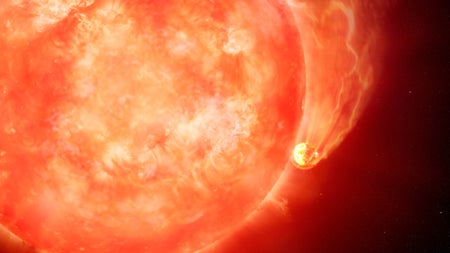
Don’t Panic, But A Lot of Stars Seem to Eat Their Own Planets
At least one in a dozen binary stars shows signs of eating their planets
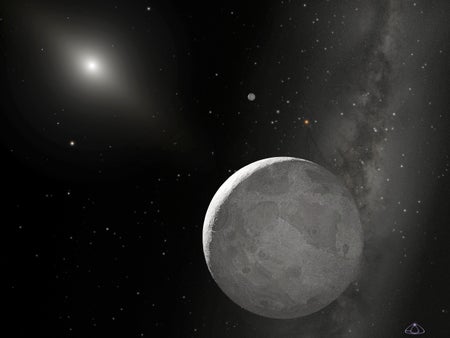
JWST Spies Surprising Signs of Warmth in Frozen Solar System Worlds
Eris and Makemake—two icy worlds beyond the orbit of Pluto—have seemingly fresh methane on their surface, a sign of unexpectedly hot interiors
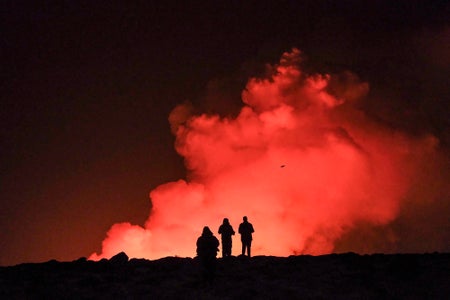
Fighting, Fleeing and Living on Iceland’s Erupting Volcano
Residents of Grindavík hope hastily constructed walls of old volcanic rock will divert hot lava streaming from fissures in the ground beneath them
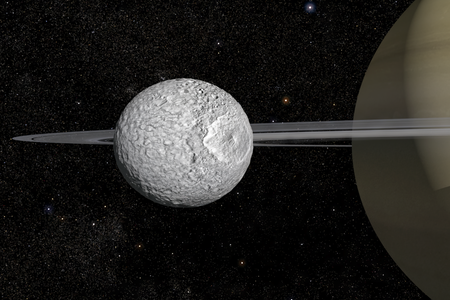
Saturn’s ‘Death Star’ Moon May Hide a Massive, Shockingly Young Ocean
A surprisingly youthful ocean within Mimas, a tiny moon of Saturn, has big implications for the solar system’s history—and for finding life beyond Earth
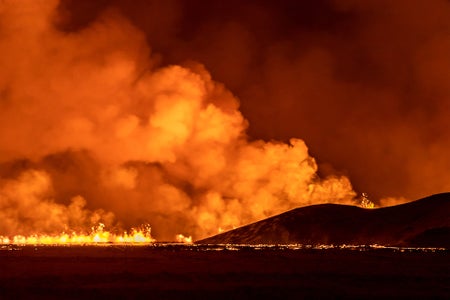
How Dangerous Is Iceland’s New Volcanic Eruption?
Lava spewed from volcanic fissures in Iceland as a long-awaited eruption finally began, potentially threatening a power plant and the nearby town of Grindavík
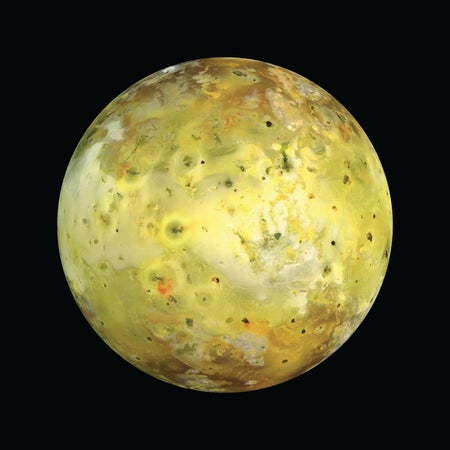
New Map Reveals Secrets of Io, the Solar System’s Most Volcanic Moon
The best-yet map of active volcanoes on Jupiter’s moon Io hints at a hidden magma ocean—and more
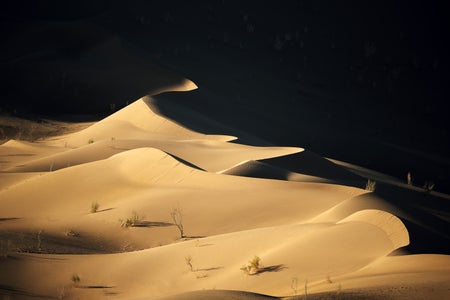
Will the Next Supercontinent Really Drive Mammals to Extinction?
The formation of Pangaea Ultima some 250 million years from now would be bad news for mammalian life. But whether it would mean the end for mammals—or whether the supercontinent will form at all—is far from certain
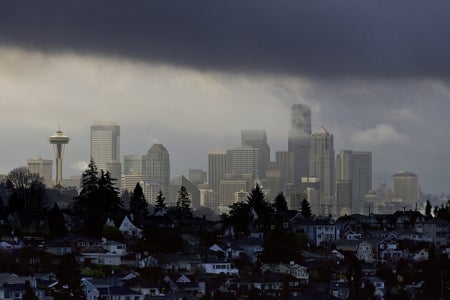
Dead Trees and a Mysterious Cosmic Explosion Reveal Bigger Quake Risk for Seattle
Washington State’s Puget Sound could face previously unknown earthquake risks, according to a new study that has pinned down the date of an ancient earthquake using tree rings and the radiation left by a mysterious cosmic force
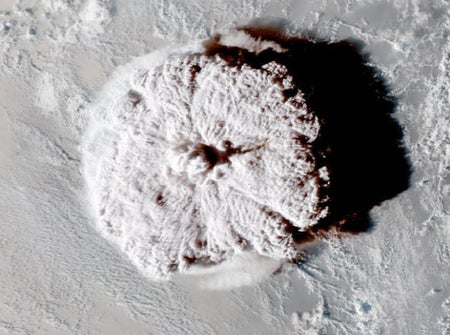
Starlink Offers Internet Access in Times of Crisis, but Is It Just a PR Stunt?
There are no individual saviors for Tonga’s Internet infrastructure
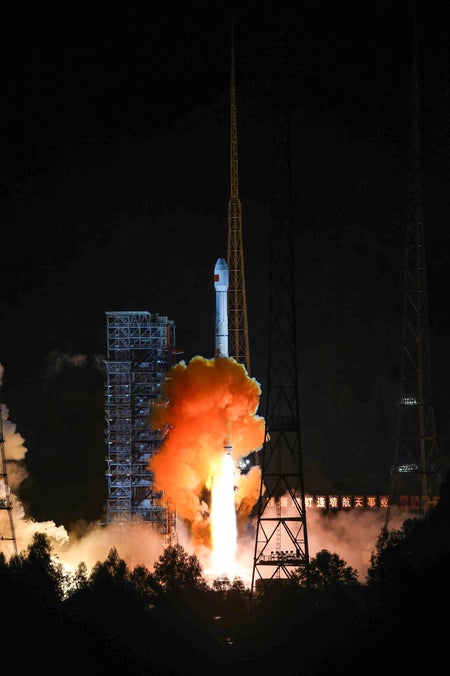
Looming Rocket Impact Forecasts Trouble for Future Lunar Exploration
Although the space-junk strike on March 4 will probably be harmless, such events may soon become more common—and dangerous
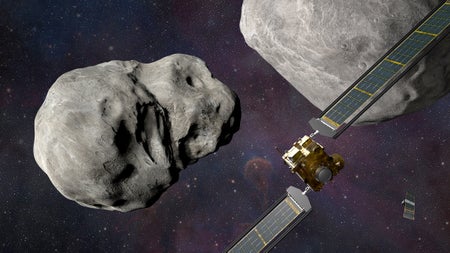
NASA’s DART Mission Could Help Cancel an Asteroid Apocalypse
Our planet is vulnerable to thousands of “city-killer” space rocks. If—when—one is found on a collision course with Earth, will we be ready to deflect it?
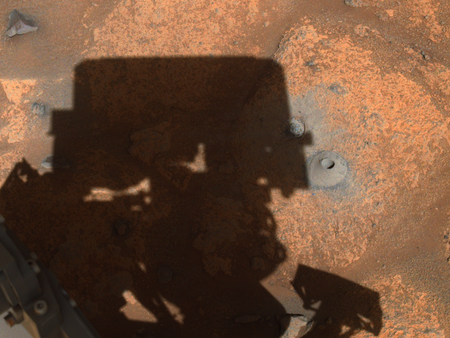
Crumbly Mars Rock, Not Hardware Flaws, Scuttled Perseverance’s First Sample Attempt
After an alarming failure, the rover is set to continue its mission to retrieve specimens for eventual return to Earth